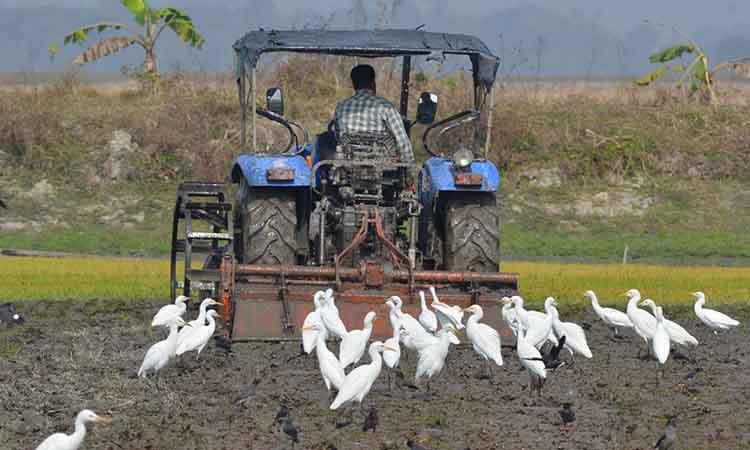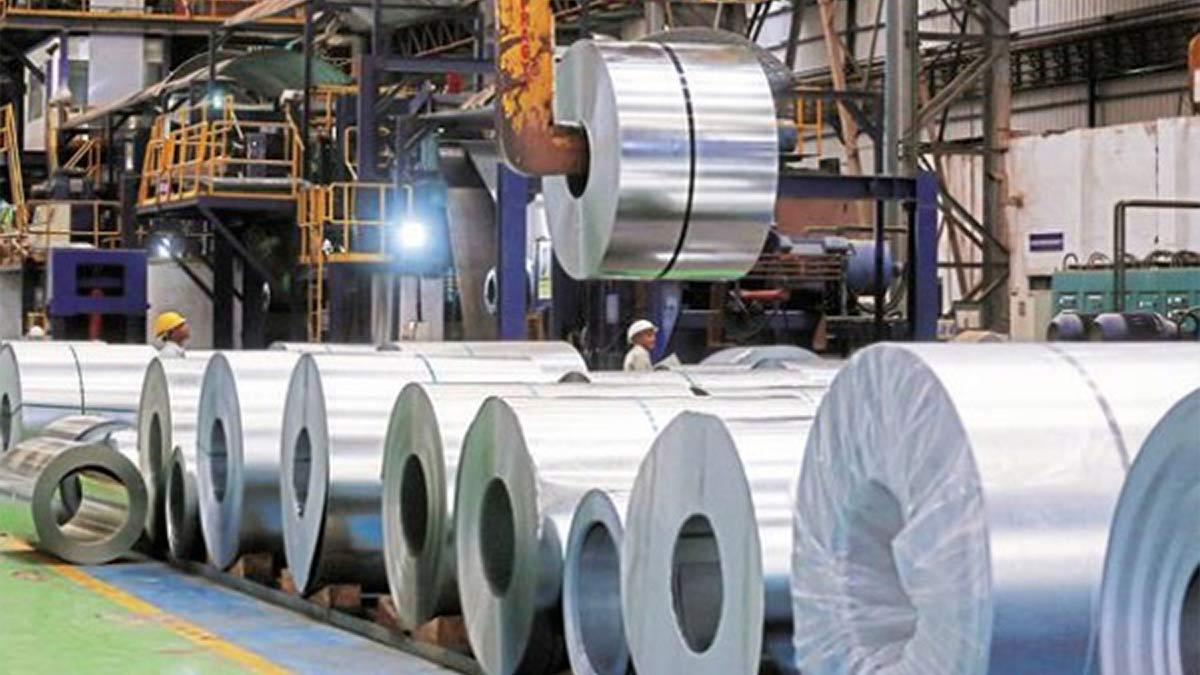The Indian agricultural sector is at the cusp of a disruption based on technology, regulation, investment and stakeholder behavioural changes across consumers to farmers.
Agritech and agri-ecosystem sectors have received significant interest from the investor community, making India the third-largest nation in terms of agritech funding and the number of agritech startups.
Estimates indicate that approximately $30-$35 billion of the value pool will be created in agri-logistics, offtake, and agri-input delivery by 2025. These are among the findings of Bain & Company's ;Indian Agriculture: Ripe for Disruption', the report, released on Wednesday.
Also Read | Stock Talk: Top 5 gas distribution companies stocks on Sensex today
Agriculture's contribution to the country's gross value added (GVA) is about 20 per cent, however it continues to be dominated by small and marginal land holdings. Additionally, close to 55 per cent of the Indian population still depends on agriculture for their livelihood.
Commenting on the report, Prashant Sarin, partner and leader of the Advanced Manufacturing & Services, Energy & Natural Resources practices in Bain & Company, India said, "The traditional form of agriculture will be disrupted and overhauled over time, and $30-35B value will be created in new value pools across the agricultural value chain, over the next few years."
The report highlights three Bills passed in September 2020 by the Indian Parliament on agriculture-focused reforms. All these are intended to encourage investment in direct farmer purchase by corporates, free movement of food items from production to consumption centres, and private investment in storage. A host of new business opportunities can be uncovered when these reforms come into operation.
The APMC reforms will enable corporates to buy directly from the farmer while the ECA reform incentivises investment in storage and transportation infrastructure, resulting in supply chain efficiencies. Firms can save 5 per cent to 10 per cent or more on procurement costs of food items through a concerted national strategy.
Also Read | RBI raises average base rate for NBFC-MFI to 7.98%
Parijat Jain, partner and leader of Bain's Agribusiness practice in India, said, "Indian agriculture is at an inflection point. The $370 billion sector will undergo a complete transformation in the coming years on the back of significant technology interventions, regulatory support and behavioural changes across consumers and farmers. Digital disruption across the agricultural and agritech value chain is enabling 'uberisation' of services, converting capital investment assets to pay per-use models and creating online communities along with online input & output marketplaces."
Increasingly, many young entrepreneurs are entering the agriculture startup space. Adopting technology-friendly practices across the agricultural value chain is critical to transforming this critical sector of India's economy, the report said.


















